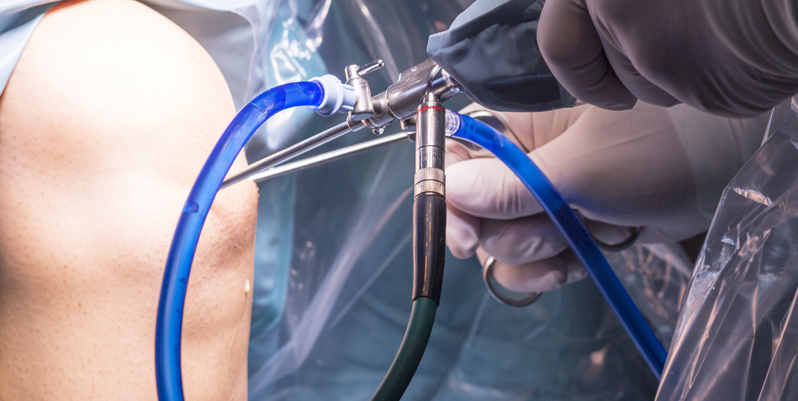Arthroscopic cartilage surgery may be able to repair the damage caused by an injury to the knee. Surgery can help to relieve symptoms such as pain and to restore the mobility of the joint as much as possible.

Cartilage is a type of connective tissue that protects the bones in your knee joint. If the cartilage is torn or damaged, it can cause problems such as stiffness, swelling, pain and reduced mobility in the joint. In some cases, the movement of the knee may be restricted because of loose fragments of cartilage that are inside the joint. Surgery may be recommended to repair the cartilage if these symptoms are severe or if they last for a long time. Other treatment options such as rest and physiotherapy will usually be tried first. If these are unsuccessful, the damage will need to be assessed by a specialist. Surgery can’t always help with knee injuries, but in some cases it is possible to remove or repair the damaged cartilage. The doctor can determine whether surgery is likely to help you.

Cartilage surgery is performed as an arthroscopic procedure. Arthroscopy is a form of keyhole surgery, which means that it will be performed through several small incisions rather than one large one. The surgeon will use a special camera called an arthroscope to see inside the knee during the operation. The exact procedure will depend on how and where the cartilage has been damaged. The doctor may remove sections of cartilage that won’t be able to heal, especially if there are rough edges or areas that may break off. Any loose fragments of cartilage can also be removed to prevent them from interfering with the movement of the joint. In some cases, the torn cartilage can be stitched together to help it to heal. Other techniques can also be used to encourage the cartilage to heal, depending on the patient’s needs.
Recovering from cartilage surgery will take a few weeks, during which your mobility will be limited. You should be able to return to most everyday activities within a month. However, strenuous physical activity should be avoided for a few months.

If you have experienced a knee injury, make an appointment with Mr Matt Dawson at the Cumbrian Knee Clinic to discuss the options for surgical repair.
Matt Dawson is a Specialist Knee Surgeon with over 16 years Consultant experience. Matt is internationally renowned as one of the leading authorities on knee realignment surgery
Specialist Knee Surgeon
Over 16 years Consultant experience
Internationally Recognised
Patient Centric Approach
Holistic Approach
Enhanced Recovery Programme (ERP)
Leading in Knee Realignment Surgery
Matt practices in the North of England and is available
to see patients from all over the UK
Circle Health group
Meadowside, Lancaster
Lancashire, LA1 3RH
Phone: 01524 62345
Fax: 01524 844725
Clayton Road,
Newcastle upon Tyne,
Tyne and Wear, NE2 1JP
Phone: 0191 281 6131
Cumbrian Knee Clinic @ Penrith
Community Hospital
Bridge Lane
Penrith, CA11 8HX
Phone: 01697 282119
Fax: 01697 282119








Copyright 2024 The Cumbrian Knee Clinic. All rights reserved.